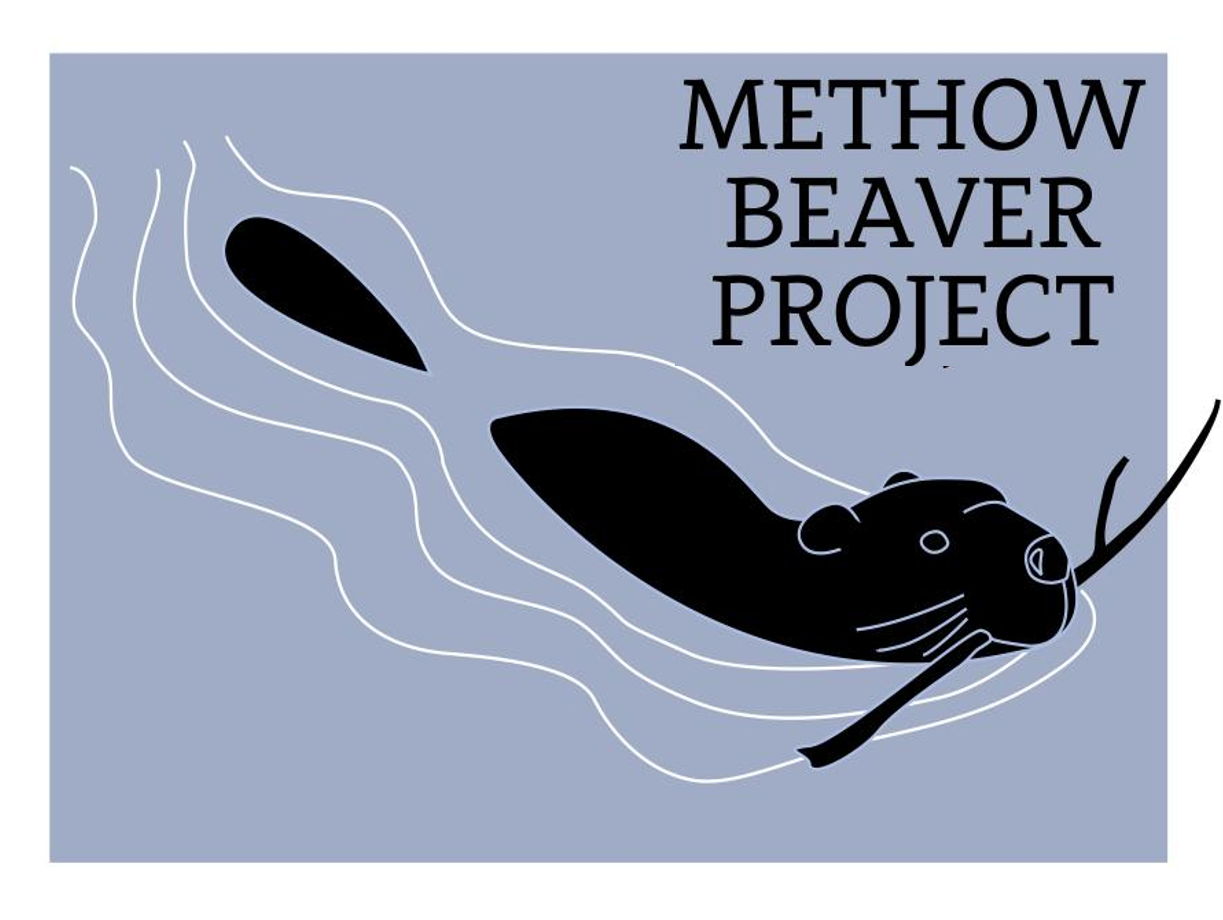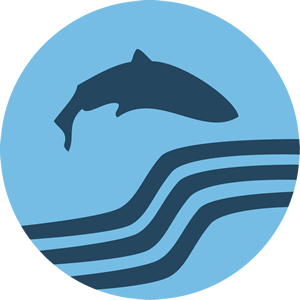Twisp River Floodplain Reconnection
Project Goals and Objectives
Restoration goals for this project were to connect spring high flows in a legacy irrigation fish diversion, or pseudo-side channel, to it's adjacent but inaccessible floodplain to increase hydraulic refugia and rearing habitat for juvenile salmon and aquatic/terrestrial subsidy exchange.
Structure Construction Elements
To accomplish our goals, we constructed 18 post-assisted log structures (PALS) in one channel and 22 micro PALS in a pond outlet using 3.25" untreated posts, a hydraulic post pounder, conifer sapling posts, and conifer trunks and boughs for stacking/weaving. All coniferous material was thinned on site in adjacent uplands to restore wildfire resistance. The PALS structures have slowed water down, captured more woody debris, pushed water into and over banks, spread high flows across the floodplain, created greater stream substrate heterogeneity including deeper pools, small gravel riffles and glides, and sandy backwaters within 1 year of construction. The 2021 high flow season was a lower than average water year and still, our treatment exceeded our expectations for the volume of water reconnecting to the adjacent floodplains, for the length of time the floodplain was connected, and for the multitude of large and small channels that created a classic anabranching system in a formerly stable and static system.
Project Photos

Cover Photo

